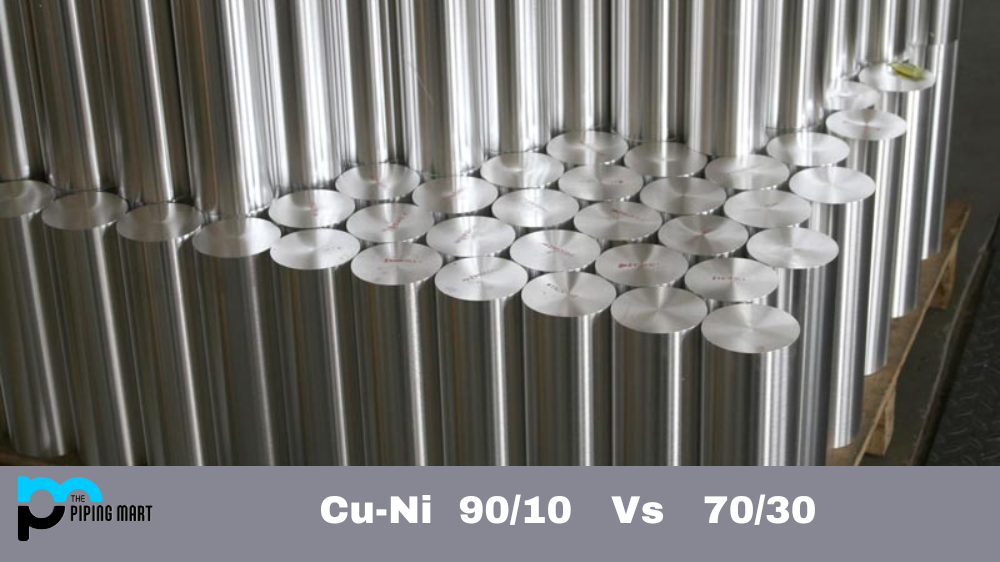Magnesium is an element found on the periodic table with the atomic number 12. It is a silvery-white metal and one of the most abundant elements in the Earth’s crust. It has many practical applications, from automotive parts to medical equipment, but one question that often arises is whether or not magnesium is magnetic. Let’s take a closer look at this question.
Magnesium is a metal commonly used to make lightweight magnesium alloys like magnesium sulfate, magnesium oxide, and magnesium chloride. One of the questions that people often ask about magnesium is whether it is magnetic. Surprisingly, magnesium metal is actually paramagnetic, meaning it can be magnetized in a magnetic field but will not remain magnetized when removed from the field. Furthermore, if two pieces of magnesium are brought near each other they do not attract or repel each other due to their weak paramagnetic properties. Even though by itself magnesium is not strongly magnetically active, its compounds used in many everyday products often have ferrous elements which give them magnetic properties.
Properties of Magnetic Elements
The answer to this question lies in understanding magnetic elements and their interaction with other materials. Magnetic elements are elements that can attract and repel objects made from magnetically susceptible materials such as iron. They do this using electromagnetic force, which is generated by moving electric charges. The strength of this force depends on two factors: the strength of the magnetic field and the distance between it and any object it interacts with.
Magnesium itself is not a magnetic element, meaning that it does not have any ability to create its own magnetic field or interact with other magnetically susceptible materials. However, when alloyed with other metals, such as aluminum or zinc, magnesium can become magnetic due to its interaction with these other metals. This can be beneficial in certain applications where a strong connection needs to be made between two components that are otherwise not magnetically favorable.
Magnesium Alloys
Though magnesium itself may not be classified as a magnetic element, certain alloys containing magnesium can display some level of magnetism based on their composition and application environment. These alloys are usually produced in order to improve certain properties, such as corrosion resistance or electrical conductivity for specific purposes such as aerospace engineering or medical devices. In addition, some alloys contain rare-earth magnets, which can increase their overall magnetism; however, these rare-earth magnets are generally too weak to be detected without specialized equipment like an electron microscope or high-resolution camera system.
Conclusion
Magnesium itself is not a magnetic element; however, when alloyed with other metals such as aluminum or zinc, magnesium can become magnetized due to its interaction with these other metals. Some alloys also contain rare-earth magnets, which increase their overall magnetism; however, these rare-earth magnets are generally too weak to be detected without specialized equipment like an electron microscope or high-resolution camera system. Understanding how elemental properties interact with each other helps us better understand why certain materials behave in certain ways and what we need to do if we want them to behave differently – like making them magnetic!

Pipingmart is a B2B portal that specializes in metal, industrial and piping items. Additionally, we share the latest information and information about materials, products and various types of grades to assist businesses that are involved in this business.




